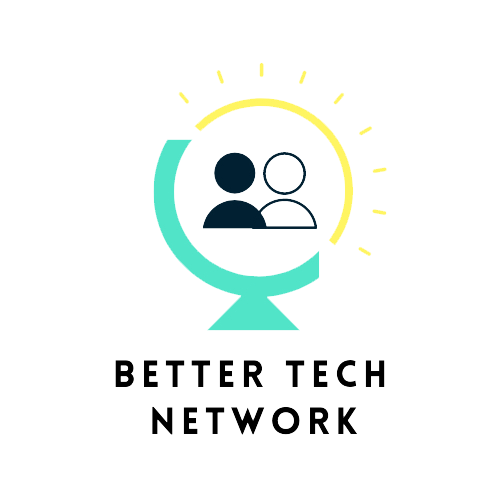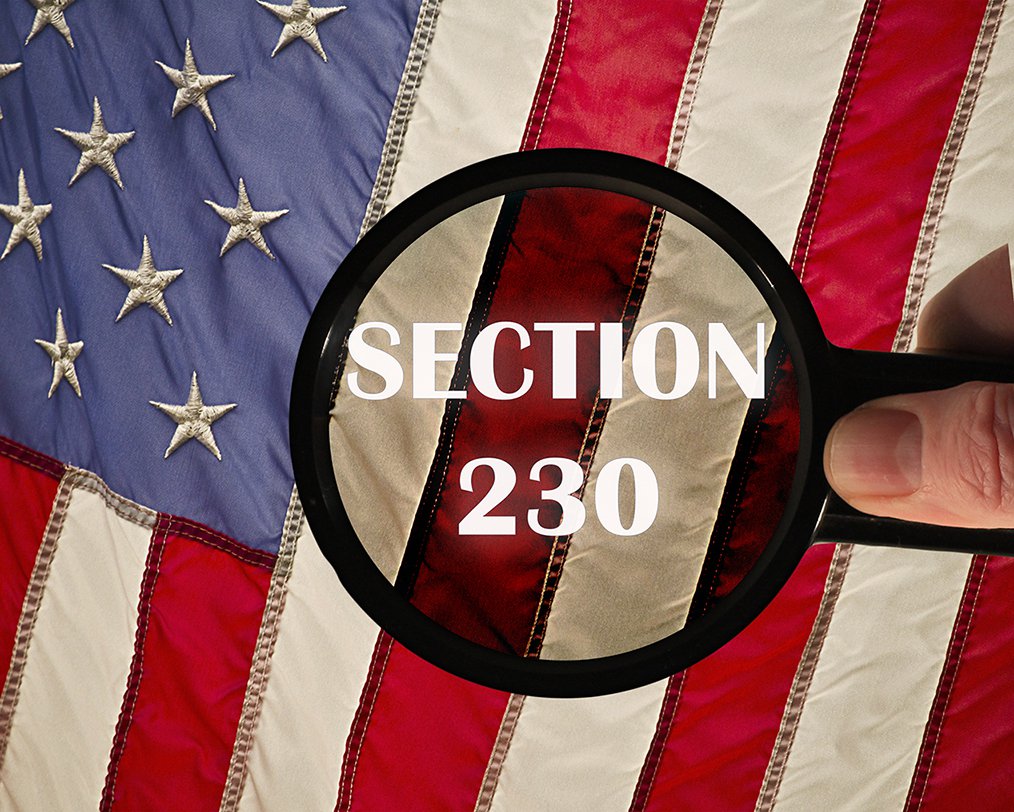“We have not done anything to update our privacy laws in this country….Why? Because there are lobbyists around every single corner of this building that have been hired by the tech industry,” Sen. Amy Klobuchar (D-Minn.) emphasized about Silicon Valley’s influence in Washington, D.C., quoted in an article by Politico covering last month’s Senate Commerce Committee hearing, where Frances Haugen, former Facebook employee and whistleblower, testified on the company’s impact on children.
Haugen advocated to lawmakers at last month’s hearing for changes to Section 230 of the Communications Decency Act (CDA) of 1996. 47 U.S. Code § 230 has been advocated as “one of the most valuable tools for protecting freedom of expression and innovation on the Internet” by the Electronic Frontier Foundation. Here’s their infographic of what § 230 entails:

§ 230 is an already debated provision by both sides of the political aisle for varying reasons. Haugen’s change involves holding companies responsible for their algorithms rather than their users’ posts (see under subheading “‘Facebook should not get a free pass’: Haugen calls for changes to Section 230”). Only a week after, House Democrats introduced the Justice Against Malicious Algorithms (JAMA) Act.
While the EFF and others believe in the value of § 230, a range of opinions have scattered the Internet over interpretations of the law. An opinion article written for Tech Dirt provides a wide view of the various takes that are out there on § 230 and common misunderstandings of it, such as:
- “§230 is unconstitutional, or at least constitutionally problematic, as a speech regulation in possible violation of the First Amendment.”
- “§230 forbids, or at least disincentivizes, companies from moderating content online, because any such moderation would make them potentially liable.”
- “The protections of §230 are only available to companies that engage in “neutral” content moderation.”
To promote well-informed circles of conversation and potential for impact, BTN encourages active following and conversation around legislation like § 230. For folks in the U.S., you may turn this knowledge into action by calling or emailing your federal elected officials asking them to be proactive in the conversation surrounding Big Tech. Find out who your elected officials are and how to get in touch with them here.
Finally, we actively seek scholars and experts in the field that may help us stay in the know and gain understanding of legislation impacting tech and media platforms. Anyone interested in offering educational mentorship to BTN at any capacity may email us at connect@bettertech.network.


